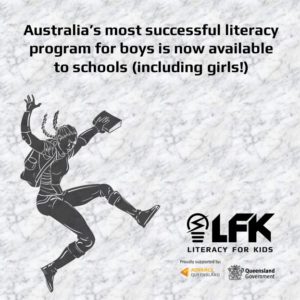Tracking Students’ Reading Skills
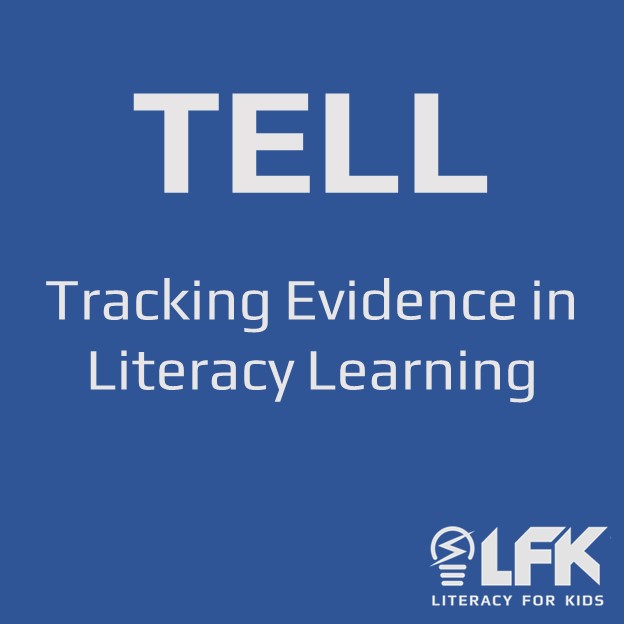
Attention educators – we have just released a brand new literacy profile report for your learners! Monitoring and documenting literacy progress is essential in not only helping students feel supported but also to grow more positive and independent in their learning.
Our team at LFK and LFB provide teachers with a term-to-term information report about what comprehension skills their learners have mastered and what they are on the way to mastering. This report can inform teaching practice.
A strategy that accelerates a student’s learning should be incorporated into your everyday teaching. We aim to provide a program that supports Primary and Secondary teachers in their teaching of literacy – no photocopying, no purchasing of expensive resources, no monitoring of 2 or more online programs. LFK has been designed to incorporate four core literacy strands in one program via engaging topics!
Data Collection
Indicators for Student Growth
In our discussions with educators, we found that they want tasks and measures to help assess the effectiveness of instruction, as well as clear criteria for mastery. This is why we created our latest report ~
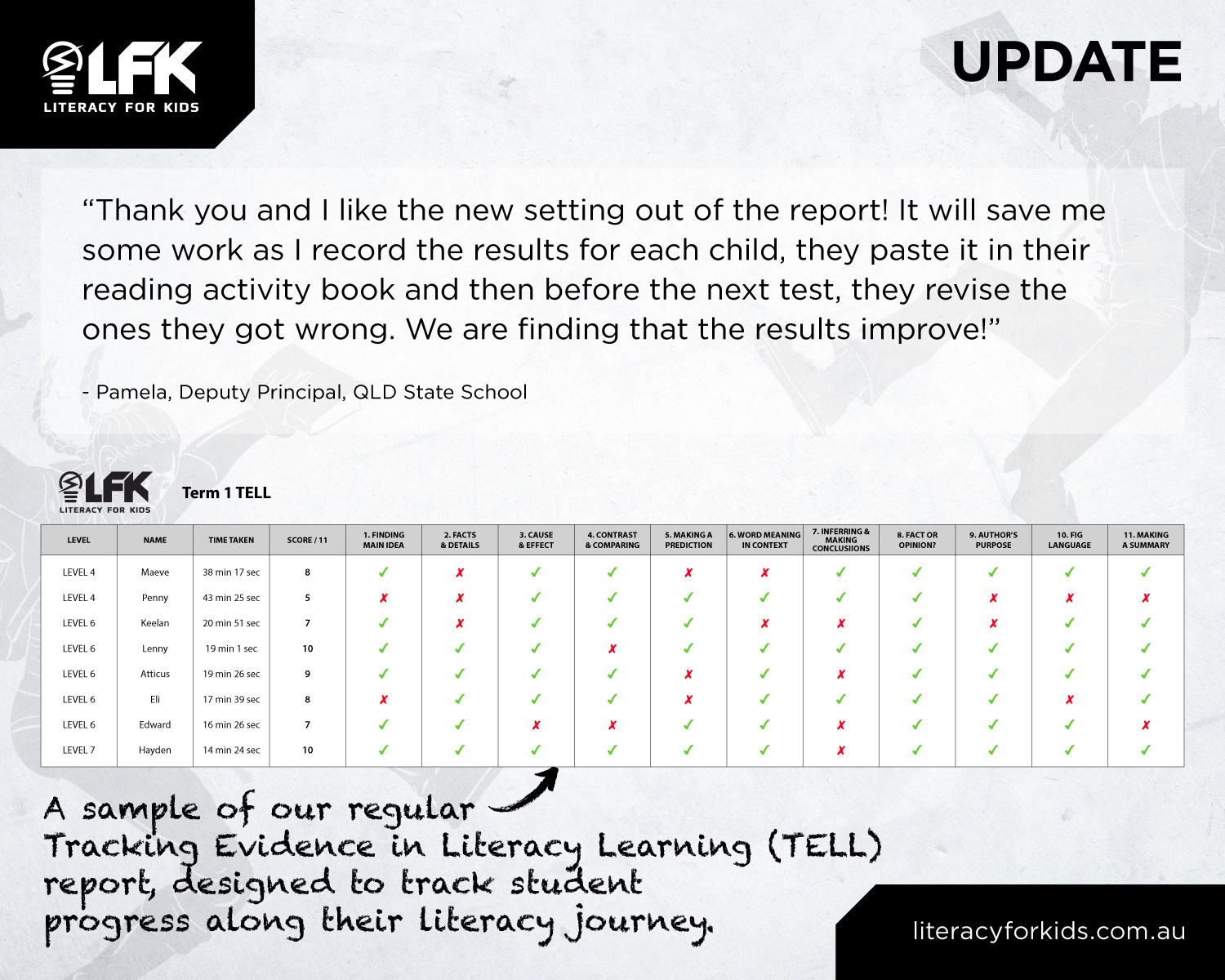
This report helps you to better judge not only if students are making progress, but also the rate at which students make progress (term-by-term comparison).
The Reading Comprehension texts are at the appropriate level and complexity that the student can read independently and show 11 specific comprehension skills/strategies.
Other Methods to Track Students’ Reading Skills
-
Running Records: This method involves having a teacher or other trained professional listen to a student read and record specific reading behaviours such as accuracy, fluency, and comprehension.
-
Assessments: There are a variety of assessments that can be used to measure students’ reading skills, such as the Developmental Reading Assessment (DRA), the Gray Oral Reading Test (GORT), and the Qualitative Reading Inventory (QRI).
-
Reading Logs: This method involves having students keep a log of the books they have read, along with a summary of the book and their thoughts on it. This can help teachers track students’ reading progress and interests.
-
Self-Assessment: Encourage students to reflect on their own reading skills and progress, and to set goals for themselves. This helps them become more self-aware and self-motivated learners.
-
Conferencing: One-on-one conferences with students can be an effective way to track reading progress and provide targeted support and feedback.
It is important to keep in mind that tracking students’ reading skills should be an ongoing process, rather than a one-time event. This will allow teachers to monitor progress over time and make adjustments to instruction as needed.
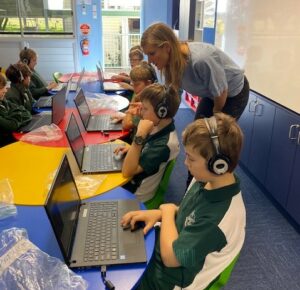 A successful literacy program’s content must be aligned with literacy outcomes. Literacy for Kids guarantees that your students work through engaging, quality content that focuses on essential skills in the core strands of literacy.
A successful literacy program’s content must be aligned with literacy outcomes. Literacy for Kids guarantees that your students work through engaging, quality content that focuses on essential skills in the core strands of literacy.LFK is a valuable teaching tool tailored to the needs, strengths, and interests of students. This is what sets our program apart – rich, engaging literacy experiences that gets results.
Literacy for Kids is currently in 250+ schools around Australia and NZ – and growing!
Contact us for your free trial and see how we can work with your school to improve literacy.
Our literacy programs have created the reading content to support your teaching. STEM, history, creative writing, science: with hundreds of kid-centric topics to choose from, our programs have been proven to lift literacy in schools and at home. Contact us today.
Confirmed Results!
An effective reading program needs to be backed by strong results. Literacy for Boys was independently tested in one of the largest State Primary schools in Qld. Students in Years 3 to 6 improved their reading, spelling and comprehension ages by an average of 12 months after only 18 weeks on our program! Click here for the full report.
Contact us if you’d like to trial Literacy for Boys or Literacy for Kids in your school.
info@literacyforboys.com.au
info@literacyforkids.com.au
Want your students to finish strong in their literacy? Want more from your literacy program? Contact us for a 30-day free trial in your school or classroom. New schools receive these great ‘Turn and Talk’ comprehension cards for their classroom ~
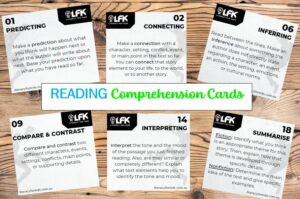
Student Comprehension Cards
Check out our blogs for more ideas and tips.
Literacy for Kids scores 100% improvement in reading skills with Year 6 Cohort
5 Ways to Build Student Confidence
Identify Comprehension Gaps with these great cards
Steps to Successfully Support Disengaged Learners
See us featured in The Educator Australia magazine
Research confirms that early reading boosts literacy
Boys Love LFB – Here’s what they have to say!
Get boys reading in the digital age
Why write? Tips for reluctant writers
Brought to you by Tanya Grambower

